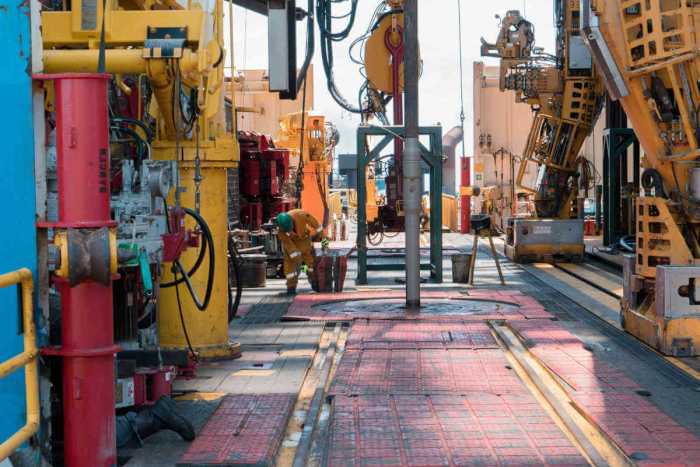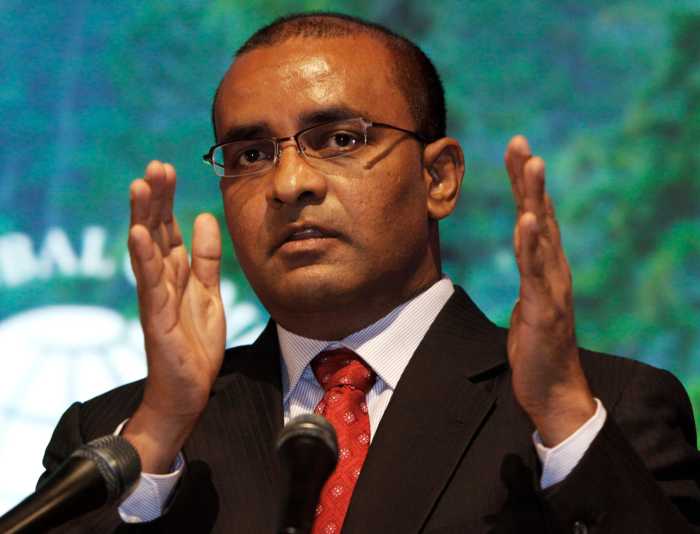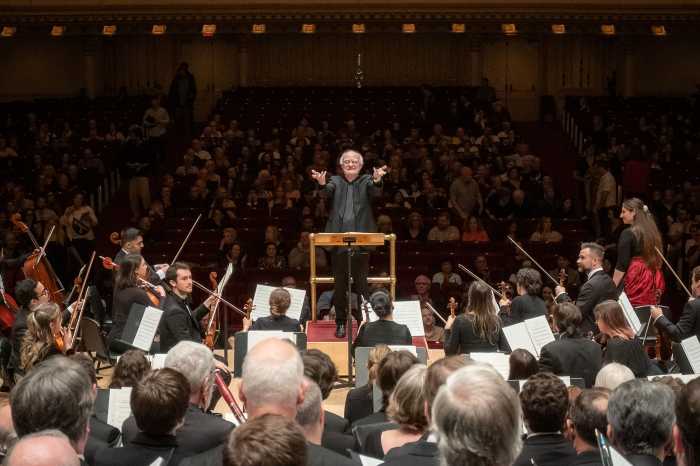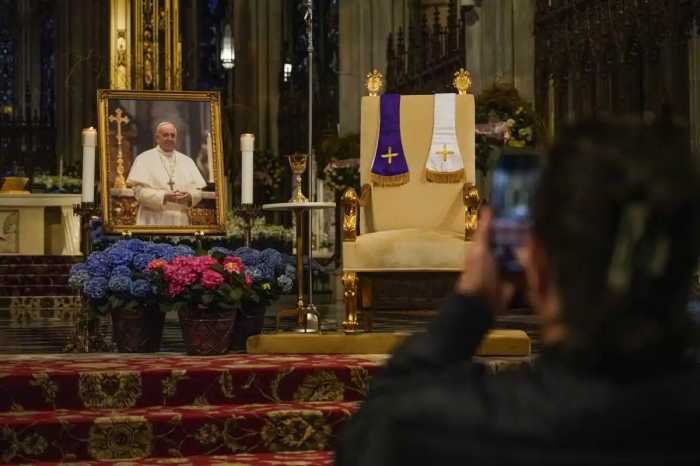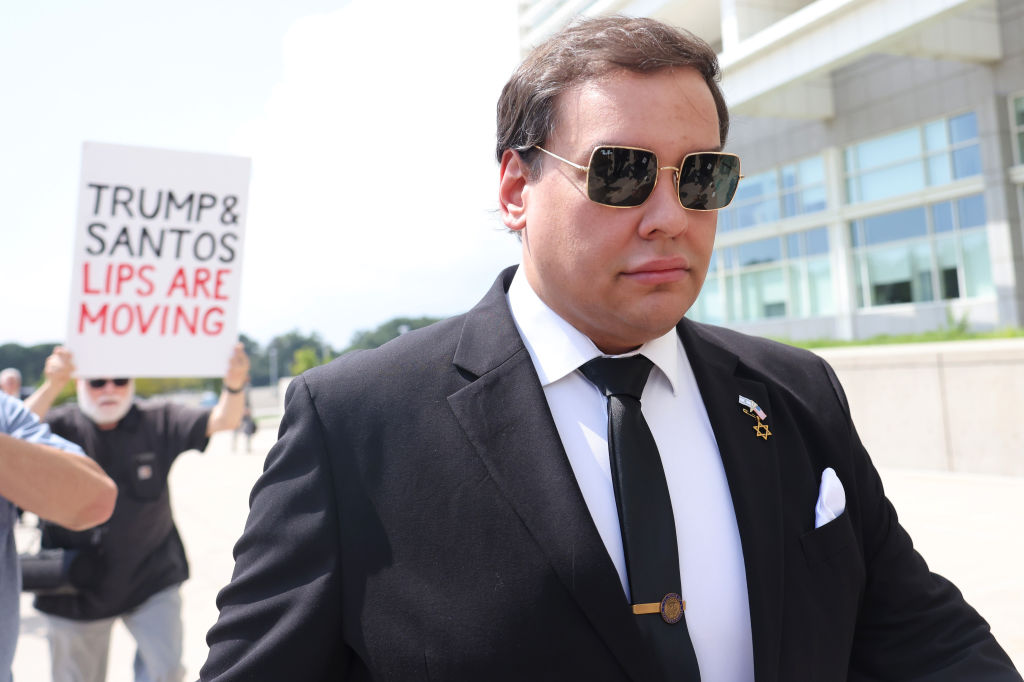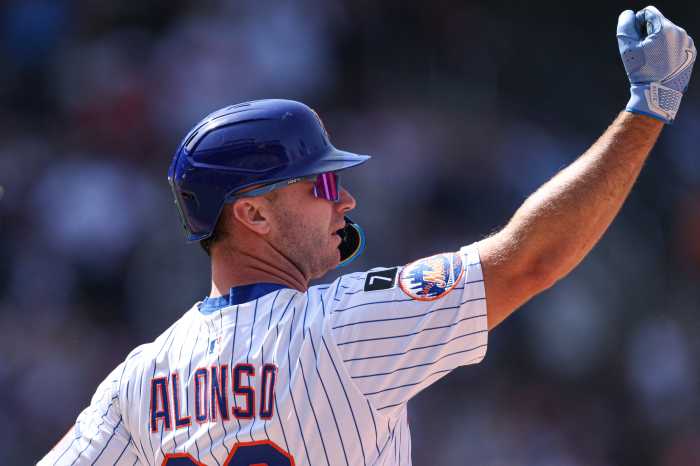Guyana’s government Wednesday signaled major imminent changes to a team of experts handling its decades old border row case with Venezuela at The World Court with former foreign minister and case agent Carl Greenidge the apparent center of its plans.
This much has been gleaned from a flare up between the foreign ministry and Greenidge, Minister of Foreign Affairs Hugh Todd and the presidency.
Greenidge, a former foreign minister from the main opposition coalition administration had been retained by the governing People’s Progressive Party (PPP) when it took office 15 months ago, formally complained to President Irfaan Ali about an unacceptable level of political interference in the work of his office and team of boundary and legal experts managing the case at the International Court of Justice in The Netherlands.
He singled out Todd, his immediate boss and Parliamentary Affairs Minister Gail Teixeira, for making his continued service as the case agent an impossible task but sources close to both Greenidge and the ministry say that authorities are apparently moving to dump him as the agent and de facto secretary to the team of lawyers, maritime and border and other experts representing Guyana’s case.
Greenidge, a former deputy secretary general at the African, Caribbean and Pacific (ACP) group of nations and an ex CARICOM trade negotiator, was among a group of very few high profile coalition officials who were kept by the PPP when it took office in August 2020.
Such now is the level of bad administrative and political blood between Greenidge, Todd, Teixeira, that Greenidge has formally asked that his own case agent’s office and reporting responsibility be removed from the foreign ministry and switched directly to President Ali or former president and current Vice President Bharrat Jagdeo. How the two will coexist after Greenidge’s letter in April was made public this week is unclear but it appears that his days as agent are numbered.
Guyana moved to the World Court in early 2018, asking it for a once and for all ruling on both land and marine borders between the two nations. Tensions have flared in recent years with Venezuela stepping up its verbal and military aggression against its eastern neighbor, allowing military planes to enter Guyana’s airspace and buzz villages and even trying to land a military helicopter on a seismic vessel linked to ExxonMobil which is producing oil in Guyana’s waters. Guyana argues that an 1899 international tribunal boundary demarcation is the final pronouncement on the border line.
Complaining formally to Ali, Greenidge contended that “my position as agent and advisor to the minister is now untenable,” saying that sessions with the ministers and other officials are “out of place, offensive and calculated to offend.”
For its part, the ministry said in a statement that it wanted to add additional local experts to the team handling the case, chief among those being Ambassador Keith George who is the head of mission to Suriname.
Greenidge appears to be uncomfortable with this as well as with others identified by the minister, but the ministry said some senior staffers it considers to be assets to the team fighting the case had been left out and should be added to the group. This includes Ambassador George.
“The singular objective of the minister of foreign affairs and international cooperation is to ensure that all available local expertise, specialist and technical support and assistance are made available to Guyana’s international legal team in order for them to access, with ease, the best possible sources of information, experience and ideas on the matter before the International Court of Justice.”




